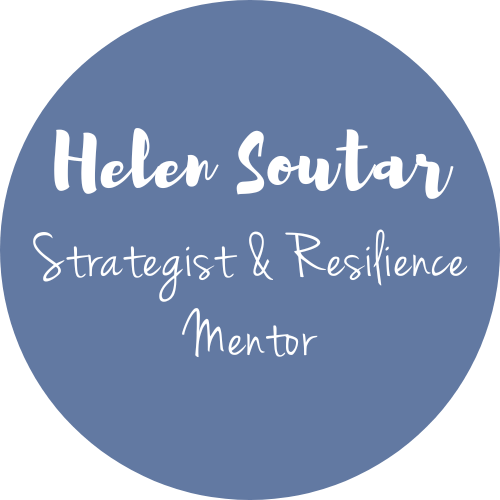Resilience for Children: Where to Start
Children, on the whole, are pretty tough. One of the benefits of a not yet mature brain is that, in most cases, they don’t overthink situations in quite the same way that adults do and are often much more forgiving and accepting.
That being said, being resilient requires a particular skillset (find out more about The Resilience Formula here).
So how can we help our children to start developing these skills now?
My preference is to start with communication. You may know that my favourite method is Non-Violent Communication (NVC). The key building block of NVC is having a great vocabulary to describe how we’re feeling and what we’re needing.
One of the biggest challenges I see with clients in my practice is a real difficulty with being able to articulate clearly how they are feeling. Many of us have just a handful of words we use, making it much harder to soothe ourselves, as well as resolve difficult situations and conflicts.
First steps
Work on being more open with how you’re feeling. Check out the CNVC lists (here and here) if you need to expand your own vocabulary and model saying ‘I feel…’ and ‘I need…’ in front of your children.
One of the bravest things we can do is open up to the people we love. Giving our children the language, skill, and confidence to do this is a real gift.
Next steps
For older children, who may already have slipped into the habit of using just a few words to describe how they’re feeling, try digging into their words a bit more. Are they really bored, or is lonely a better fit? Are they really angry, or is scared a better fit?
Teaching our children how to dig into these feelings, to really get to the bottom of both how they feel and what they need will make it so much easier for them to make better decisions.
Are they really excited to sneak out at night or are they scared that they’ll be excluded or mocked by their friends if they don’t?
Building the foundations of great communication skills will stand your children in good stead for their whole lives, as well as helping to maintain your connection with them as they journey through adolescence and young adulthood.


Wow this is powerful.
My heart is so full right now.We so often try to avoid the grief that
comes with lost.We run away from it but your explanation of how its moving through us. Makes sense…Maybe thats why l feel like am going to explode when l dont acknowledge it
This is so lovely to read Tricia, thank you! I’m so glad my blogs have helped you to understand the process more. And yes, feeling like you’re going to explode is a very common feeling when we try to ignore everything that’s going on for us. All the very best, Helen